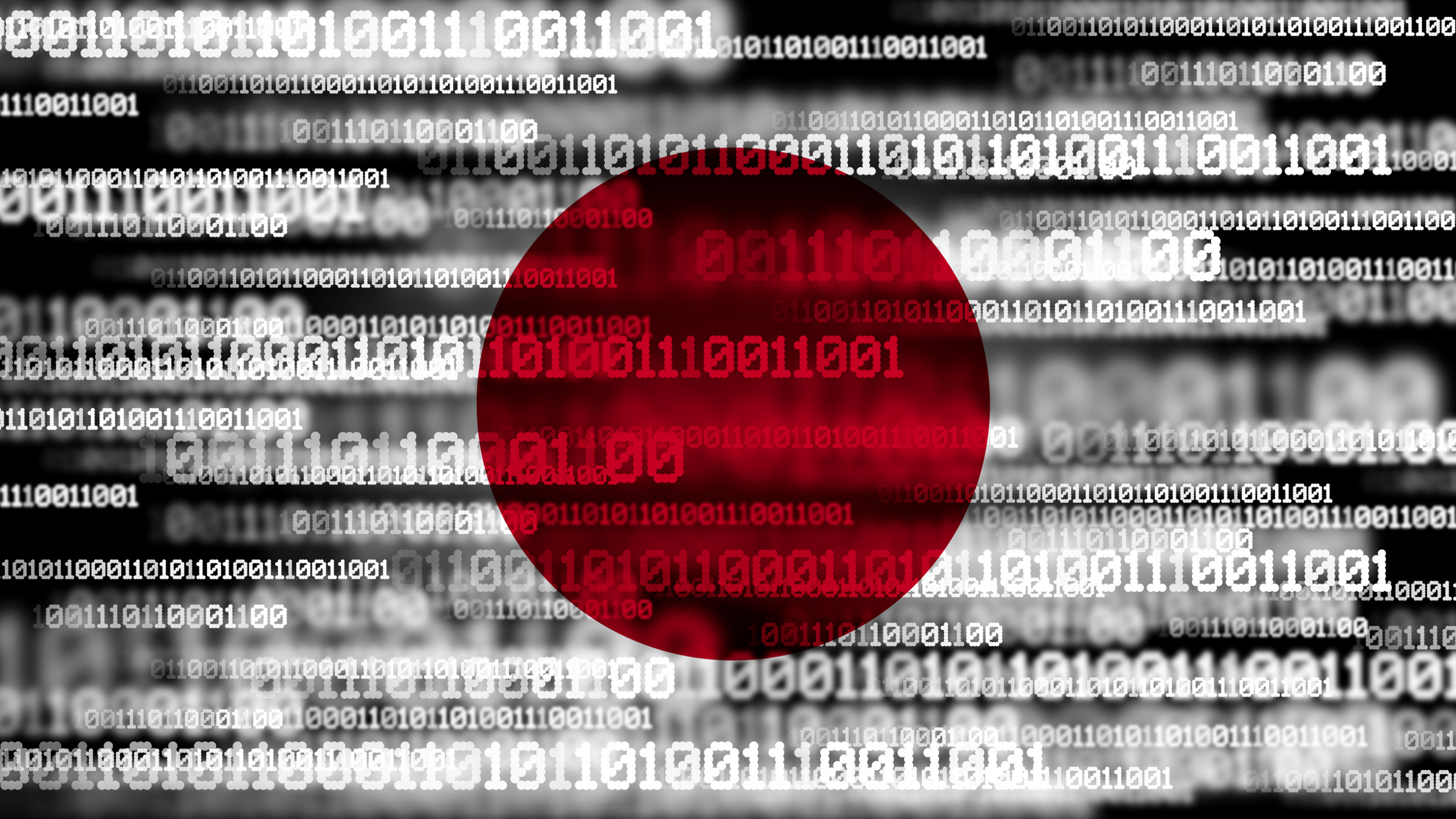
Let me admit at the outset, I’m a bit biased when I talk about ACM headquarters (HQ) and the many ways it outshines the command centers of other professional societies. But that bias comes from nearly three decades of firsthand experience, having worked in almost every department within HQ, and having had a front-row seat to the dynamics that drive each department to create and provide products and services to meet the needs of ACM members.
The HQ staff coordinates the global activities of ACM’s chapters and various committees; acting as the liaison for all conferences carrying the ACM stamp; enhancing the Digital Library (DL); producing almost four dozen publications; providing professional services and online courses; and performing organizational functions. HQ also serves as the hub for members, news media, and the public on all subjects related to computing and technologies.
Probably the greatest difference between ACM and other professional societies is just how much is accomplished by so few. With a membership fast approaching 100,000, ACM’s 170 conferences, 45 periodicals, 34 Special Interest Groups, and 644 professional and student chapters are all supported by 72 staffers. When you consider that similar professional associations with equal or fewer members and services are often supported by staffs of over 100, I hope you are as impressed, as I continue to be, by the devotion of the people working at ACM.
Here, I’d like to briefly highlight the departments and talented directors that spearhead ACM’s New York HQ.
ACM’s Special Interest Groups (SIGs) represent virtually every major discipline within computer science. ACM and its SIGs sponsor, co-sponsor, and cooperate with over 170 technical meetings annually, all of which are coordinated through the Office of SIG Services, with Donna Cappo at the helm. The department manages all SIGs and their conferences, including promotion, publicity, and membership. The team also helps produce over 85 proceedings and 30 newsletters yearly.
The Office of Publications produces ACM’s many research journals and Transactions and is responsible for Digital Library content. Director Bernard Rous oversees these efforts, which include 39 print journals and a DL containing over 275,000 articles and 1.50 million citations covered by the Guide to Computing Literature.
Scott Delman, director of the Office of Group Publishing, shepherds DL sales and builds business strategies to make the DL a must-have subscription for institutions worldwide, which today number over 2,800. He also serves as group publisher for ACM’s magazine series, including our flagship Communications of the ACM.
ACM’s Office of Membership, under the leadership of Lillian Israel, is one big umbrella covering everything under membership and marketing services, including membership processing, subscriptions, professional development services, and education. Of particular pride to me is the fact that with close to 100,000 members, ACM’s member services department, consisting of four customer representatives, is able to provide a response to any member query within 24 hours!
Russell Harris, a 36-year veteran of HQ, heads the Office of Financial Services. His team oversees all the Association’s financial matters, including accounting responsibilities, monthly and quarterly financial statements, and the annual ACM budget. His department cuts 10,000 checks per year, guides auditors through evaluations, handles treasury functions, and monitors ACM’s investment strategies daily.
The Office of Information Systems maintains constant vigilance over the Association’s "computing machinery," with responsibilities for all the information processing needs serving staffers, volunteers, and members. Wayne Graves leads this effort, which includes maintaining HQ’s digital infrastructure, as well as spearheading the DL’s technical direction and advances.
Based in Washington, D.C., ACM’s Office of Public Policy (USACM) is very much a part of HQ, representing ACM’s interests on IT policy issues that impact the computing field. Cameron Wilson works to enlighten legislators about policies that foster computing innovations, including the critical need for CS and STEM education.
The unsung heroes that comprise the Office of Administrative Services support all the necessary functions that allow HQ to operate at the top of its game every single day. These varied services include human resources, office services and mailroom facilities, and support policies and procedures, the ACM’s Awards program, and elections.
All of us at HQ are indebted to the tireless efforts of ACM’s many devoted volunteers worldwide who work together with us to manage ACM’s growing array of products and services. None of our efforts would succeed without their efforts.



Join the Discussion (0)
Become a Member or Sign In to Post a Comment